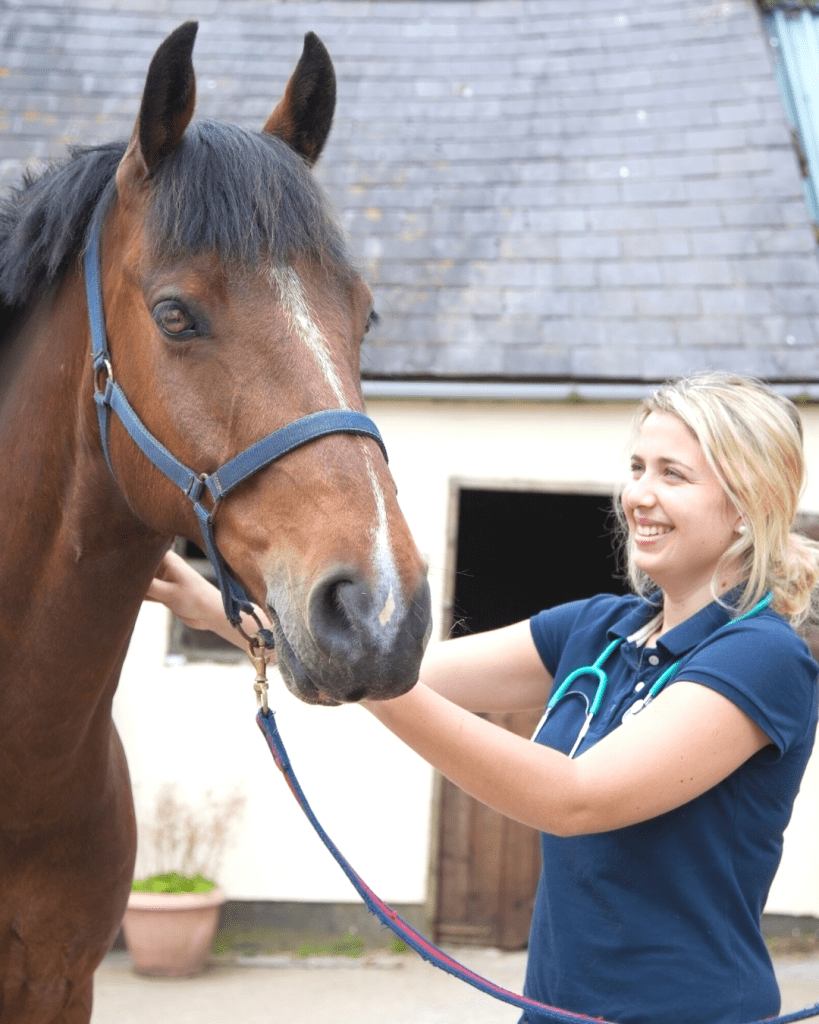
How Effective are Stem Cells to Treat Synovitis in Horses?
Scientific Title: Efficacy of activated allogeneic umbilical cord blood-derived mesenchymal cells for treatment of synovitis in horses
Study Investigator: Dr. Judith Koenig
Graduate Student: Dr. Rodrigo Munevar Luque
Equine synovitis is a painful and debilitating condition that that can be difficult to manage due to inferior quality repair tissue. A form of stem cell therapy, where stem cells are extracted from umbilical cord blood, has come to the forefront in recent years as a potential therapeutic option for joint injury. This cell therapy may help to decrease inflammation and prevent further degeneration of tissues. Recent advancements and research from this team have highlighted mesenchymal stem cell (MSC) therapy as a promising avenue for joint injury management. This study aims to evaluate the efficacy of activated MSC in cryomedium versus those in hyaluronic acid (HA) and HA alone.
Inclusion criteria:
- Horses with a diagnosis of synovitis/osteoarthritis of the fetlock or carpus

Comparison of Intraoperative Medication (Lidocaine Infusion Rates) in Horses Undergoing Elective Surgeries
Scientific Title: Comparison of two intraoperative lidocaine constant rate infusions on cardiorespiratory function and quality of recovery in healthy isoflurane-anesthetized horses undergoing elective surgery
Study Investigator: Dr. Alex Valverde
Intravenous lidocaine is routinely during the surgery to provide analgesia (pain management) and a lower depth of inhalational anesthesia. Overall, this contributes to better cardiopulmonary function and allows for more comfortable and controlled recoveries in horses. The doses are usually selected by the anesthetist; there has not previously been a controlled study to determine which dose is best.
Inclusion criteria:
- Horses undergoing elective surgery at the Ontario Veterinary College


